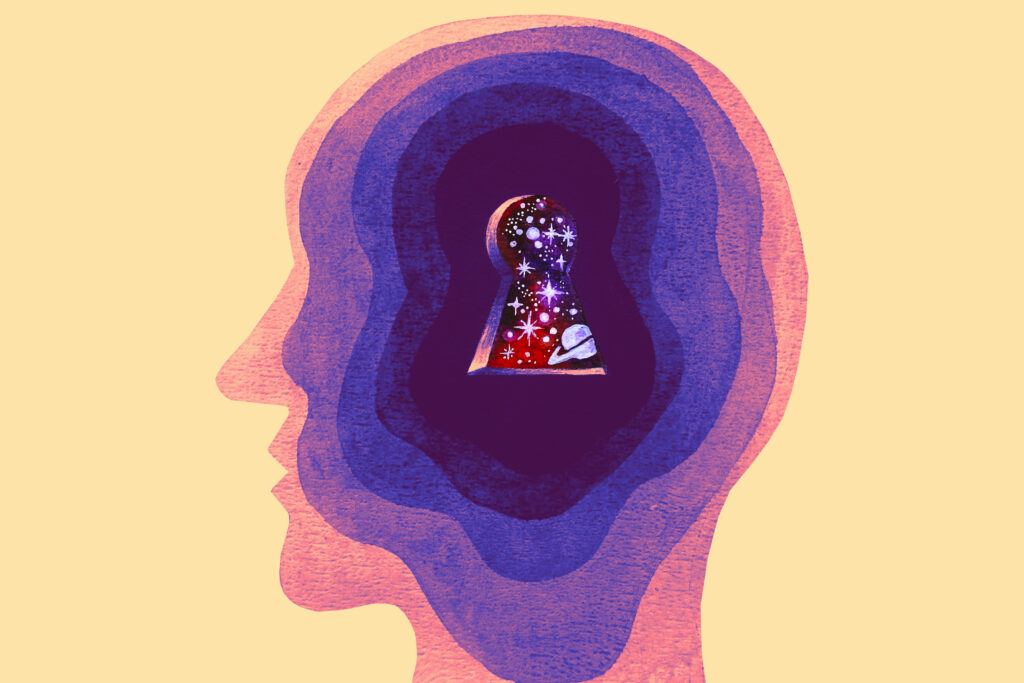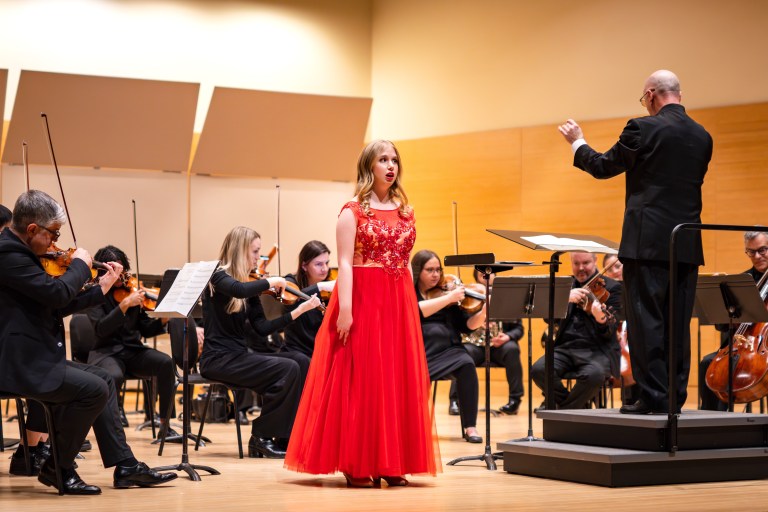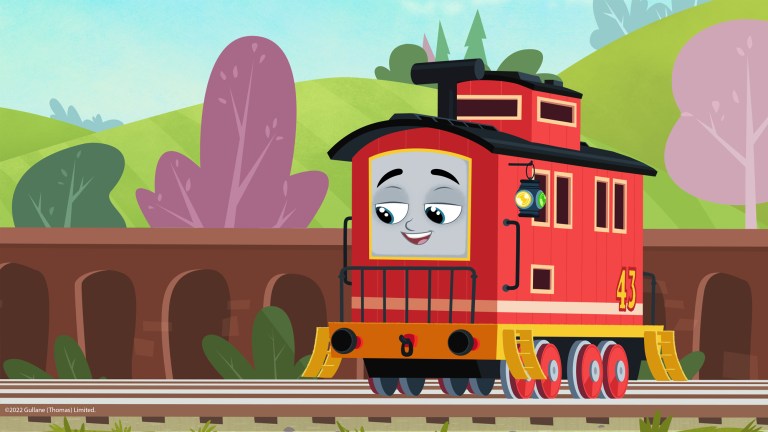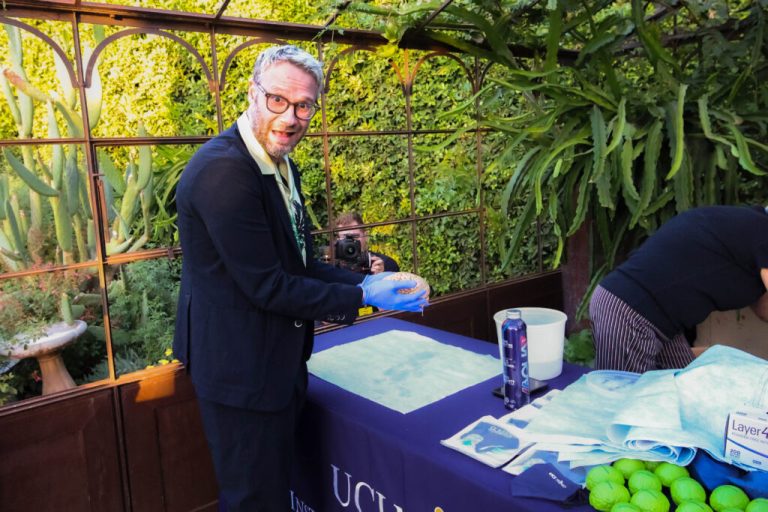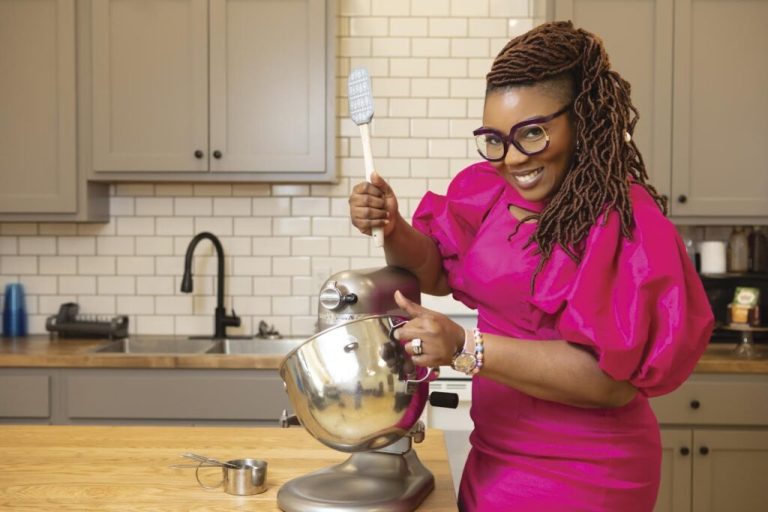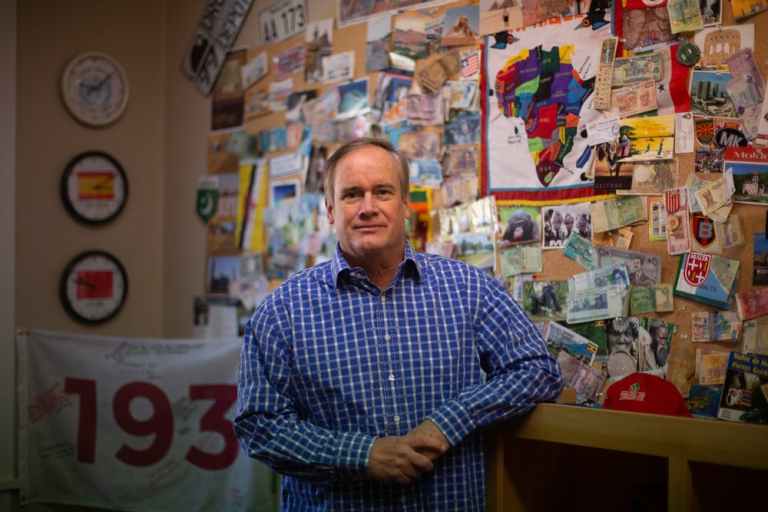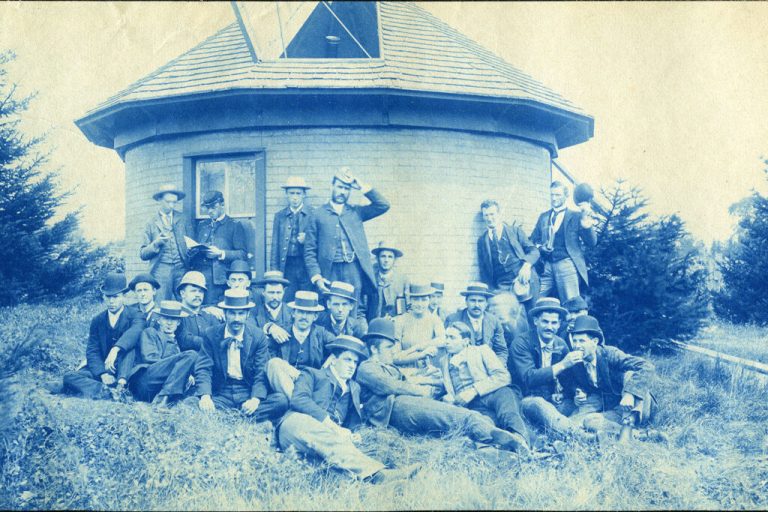Scott Shigeoka is a curious person — a trait that’s overwhelmingly apparent from just a brief conversation about his background.
Originally from Hawaii, Shigeoka started his career as a freelance journalist for The Washington Post before moving to Iceland to launch a music festival focused on sustainability. From there, he developed a portfolio of social and environmental impact initiatives for the design firm IDEO, and began researching strategies on strengthening human relationships for UC Berkeley’s Greater Good Science Center.
He’s also taught at three universities, was an entrepreneur in residence for GoDaddy.com, and has been known to spit some sick bars as a freestyle rapper. All that to say, Shigeoka could certainly give anyone valuable advice on approaching life with a mindset of curiosity. But he doesn’t rely solely on anecdotal evidence for his upcoming book on the topic.
In Seek: How Curiosity Can Transform Your Life and Change the World, which hits stands on November 14, Shigeoka incorporates five years of rigorous scientific research to arrive at his overall thesis: Curiosity is a “superpower” encoded in our genes, and when used deliberately, it can benefit our lives in myriad ways.
His interest in the concept arose as he was investigating ways in which people can connect to each other across their differences. “The thing that kept coming up over and over and over again for me was curiosity,” the author told Nice News. “It’s a thing that we all know of — doesn’t matter our politics, doesn’t matter our identities. We all grew up as kids knowing how to access our curiosity.”

So, as adults, how do we use curiosity for good, and what good does it actually do? To answer the latter question: a lot, according to Shigeoka. On a daily basis, curiosity can help us get in front of many of the assumptions we make about others and ourselves — the kind that can end up causing negative self-talk or fracturing personal relationships.
He also cited healing from grief or loss and becoming more creative as other ways curiosity can transform lives. And it can help us work through our fears, he said.
RELATED: Finding Community in a Disconnected World: Spirituality Course Explores “Life’s Big Questions”
“We get so anxious about, ‘Did we do a good enough job on that speech at work?’ or ‘Are we showing up enough for our siblings?’ or ‘I’m feeling really afraid about what’s to come in this next winter phase as I potentially move in with my partner, as I potentially move across the [U.S.] to a new city for a job,’” Shigeoka explained.
He went on: “And curiosity tends to be a really great lever to almost alchemize that fear and anxiety by asking yourselves questions like, ‘Why am I moving? What’s important for me here? What would help me make this move to another city more joyous?’ … So curiosity becomes this way of actually progressing through fear and anxiety rather than being held up by it.”
Now back to the how; Shigeoka has developed a practical method for employing curiosity. Called the DIVE Model, it stands for “Detach — let go of your ABCs (assumptions, biases, certainty); Intend — prepare your mindset and setting; Value — see the dignity of every person, including yourself; and Embrace — welcome the hard times in your life.”
As for the greater good curiosity can cultivate, Shigeoka believes it has the potential to bridge gaps and create connections in our often divided world. He explained that when we approach those with opposing viewpoints by making accusations rather than asking questions, it doesn’t get anyone anywhere.
“What happens when we come from that place of listening and understanding is that we can actually catalyze people to have their own transformation on their views, toward something that’s more grounded in the real experiences that someone might have in their lives, even if they have a different set of identities or a different set of circumstances,” Shigeoka said.
On top of it all, being curious just straight up feels good: “Curiosity is something that’s encoded in us, in our genetics … It’s something that has many benefits, and that’s why it releases dopamine when we use it,” the author expounded. “It serves us in so many wonderful ways. And all I’m asking people to do is recognize that they have this inside themselves and to find ways every day to nurture it and to practice it.”
If you’re interested in learning more about engaging curiosity in your day-to-day life, pre-order a copy of Seek: How Curiosity Can Transform Your Life and Change the World here.
